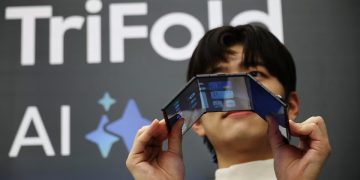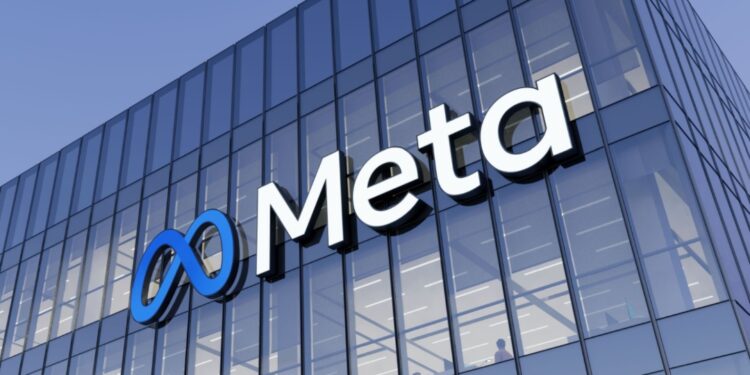Meta says it is adding new safeguards to its artificial intelligence (AI) chatbots to better protect teenagers. The systems will no longer engage with teens on topics like suicide, self-harm, or eating disorders. Instead, they will point users to expert resources.
This comes up two weeks after a U.S. senator opened an investigation into Meta. A leaked internal note had suggested the company’s AI could have “sensual” chats with teens. Meta called the claim false and said it was against its policies, which ban sexualising children.
“We built protections for teens into our AI products from the start, including designing them to respond safely to prompts about self-harm, suicide, and disordered eating,” a Meta spokesperson said. The company told TechCrunch on Friday it would add extra guardrails and temporarily limit which chatbots teens can use.
Not everyone is convinced. Andy Burrows, head of the Molly Rose Foundation, said it was “astounding” that chatbots were released without stronger protections.
“While further safety measures are welcome, robust safety testing should take place before products are put on the market – not retrospectively when harm has taken place,” he said. “Meta must act quickly and decisively to implement stronger safety measures for AI chatbots and Ofcom should stand ready to investigate if these updates fail to keep children safe.”
Meta already places users aged 13 to 18 into teen accounts on Facebook, Instagram, and Messenger. These accounts have stricter content and privacy settings. In April, the company said parents would also be able to see which AI chatbots their teen had spoken to in the past week.
The updates come as concerns about AI and safety grow. A California couple recently sued OpenAI, claiming its chatbot encouraged their teenage son to take his own life.
Reuters also reported that Meta’s AI tools were used to create sexualised chatbots of celebrities, including minors. Meta said those chatbots have since been removed, adding that its rules ban nude or intimate content and direct impersonation of public figures.






















































